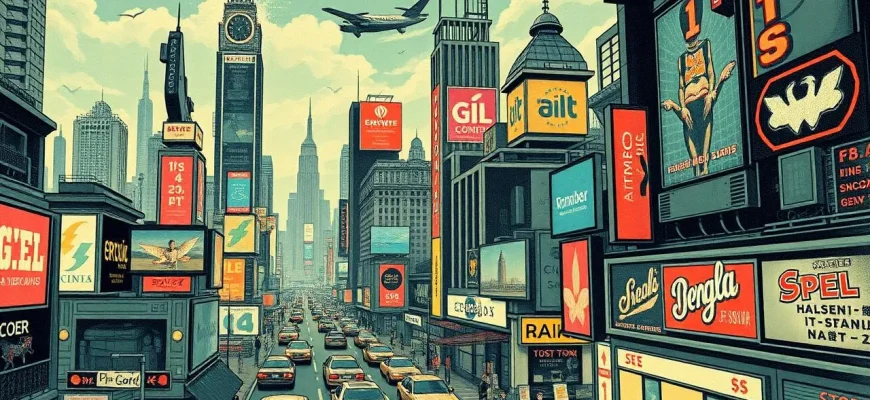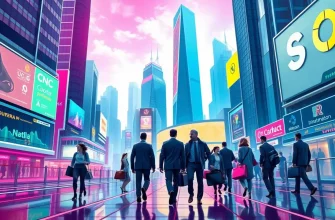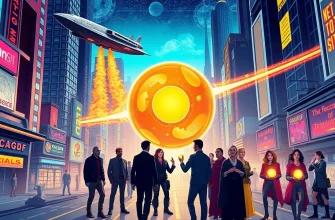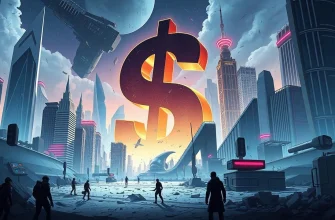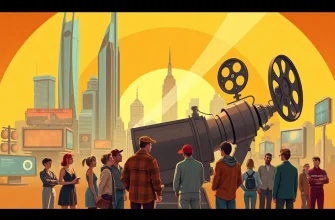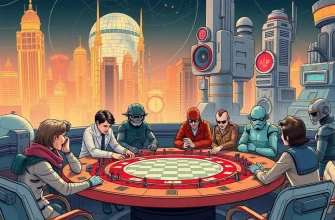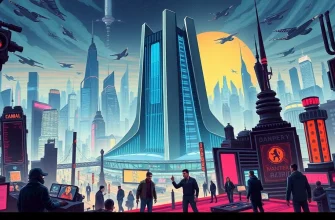In a world where economic power often dictates the course of human events, these ten sci-fi films delve into the intricate web of economic dominance. From dystopian futures where corporations rule with an iron fist to tales of rebellion against economic oppression, this collection offers a fascinating look at how economic forces shape societies, challenge ethics, and inspire resistance. Whether you're a fan of speculative fiction or just curious about how money can move mountains, these films provide both entertainment and food for thought.
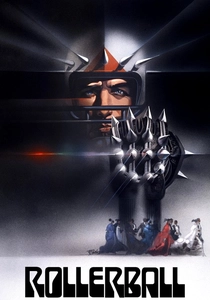
Rollerball (1975)
Description: A future where corporations control everything, including a violent sport designed to distract the populace from economic and social issues.
Fact: The film was remade in 2002, but the original is often considered superior for its social commentary.
 Watch Now
Watch Now
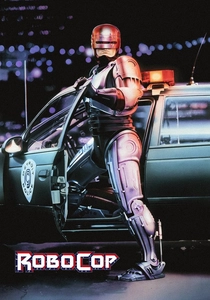
Robocop (1987)
Description: A tale of corporate greed and the privatization of law enforcement, where a man becomes a machine to serve corporate interests.
Fact: The original script was much darker and more satirical, but the studio toned it down for a broader audience.
 Watch Now
Watch Now

Gattaca (1997)
Description: In a genetically stratified society, economic power is tied to genetic superiority, highlighting issues of class and discrimination.
Fact: The film's title is derived from the four nitrogenous bases of DNA: guanine, adenine, thymine, and cytosine.
 Watch Now
Watch Now

The Matrix (1999)
Description: While not explicitly about economics, the Matrix's control over humanity through virtual reality can be seen as a metaphor for economic dominance and control.
Fact: The film's "bullet time" effect was a groundbreaking visual technique that has since been widely imitated.
 Watch Now
Watch Now

Equilibrium (2002)
Description: A society where emotions are suppressed to prevent conflict, but economic control is subtly woven into the fabric of this emotionless world.
Fact: The film was shot in Berlin, Germany, to take advantage of the city's post-war architecture.
 Watch Now
Watch Now

The Island (2005)
Description: A story of clones bred for organ harvesting, showcasing the ultimate form of economic exploitation and control.
Fact: The film's concept was inspired by a real-life organ donation scandal in the UK.
 Watch Now
Watch Now
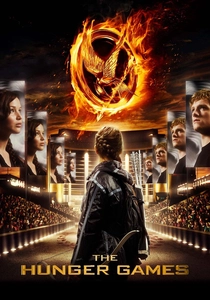
The Hunger Games (2012)
Description: In a dystopian future, the Capitol exerts economic control over the districts, using the Hunger Games as a tool of oppression and entertainment.
Fact: The film's arena was built in North Carolina, and the set was so large it could be seen from space.
 Watch Now
Watch Now

Elysium (2013)
Description: In this futuristic thriller, the rich live on a luxurious space station while the poor are left on a ruined Earth. It's a stark depiction of economic disparity and the fight for equality.
Fact: The film was shot in Mexico City to save on costs, and the Elysium space station was entirely CGI.
 Watch Now
Watch Now
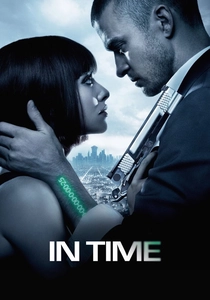
In Time (2011)
Description: Here, time is literally money, and people must work to earn more time to live. It's a thrilling exploration of economic inequality and the value of life.
Fact: The film's concept was inspired by the phrase "time is money," and director Andrew Niccol wrote the script in just three weeks.
 Watch Now
Watch Now

Brazil (1985)
Description: A satirical look at bureaucracy and consumerism, where economic control is exerted through endless red tape and surveillance.
Fact: The film's title was inspired by the song "Aquarela do Brasil," reflecting the director's vision of a surreal, oppressive society.
 30 Days Free
30 Days Free

